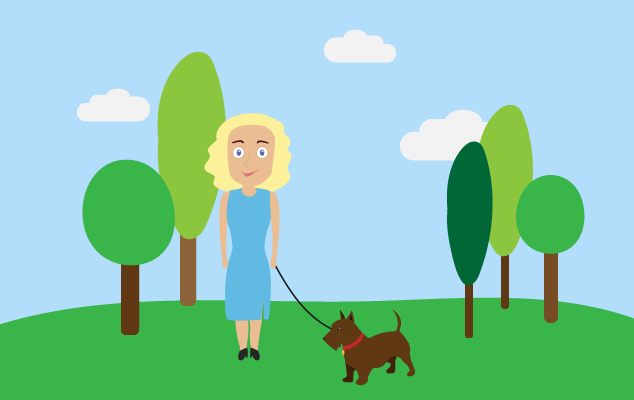A Debt Relief Order “DRO” is a formal process which if approved will freeze your debts, interest and creditor recovery procedures for a period of 12 months. If after 12 months your situation has not changed then any unsecured debts will be written off.
DRO Criteria
- Unsecured debts less than £20,000 and
- Assets and savings less than £1,000
- Car worth less than £1,000 (unless it’s been specially adapted because you have a disability) and
- Surplus money each month after you have paid all of your creditors and household bills is below £50.
What does it cost?
There is a fee of £90.00 for the Debt Relief Order.
How do I apply?
You can apply for a DRO through a specialist DRO Adviser called an approved intermediary. They are licensed to advise on DRO’s and you can find a local DRO adviser by checking on www.bis.gov.uk
Your DRO advisor will help you put your application together and they will need detailed information on your assets, debts, income and outgoings. It is vital that the information you provide is accurate and honest as the Official Receiver can refuse your application and your fee of £90 will not be refunded. The fee is payable at a Post Office or a Payzone outlet.
The Official Receiver will consider your application and will either grant the DRO, defer the order if more information is needed or refuse the order if they believe the information is incorrect or false.
If your DRO is granted you will receive notice and this will remind you of your duties and the restrictions that exist while the DRO is in force. Your creditors will be notified and your details will be added to the Individual Insolvency Register (EIIR) showing that a DRO has been made against you.
A DRO normally last 12 months and during this period you do not have to make payments to your unsecured debt included in the DRO. You will need to keep paying your normal household bills including rent, utilities, council tax.
A period of 12 months will be granted during which all debt payments and interests are frozen by your creditors, if after 12 months your situation has not changed then your unsecured debts will be written off.
If your circumstances were to change within the 12 months of the order for example, your income improves or you were to receive a lump sum of money, it is possible that the Official Receiver may look to terminate the order.
Debts covered by a Debt Relief Order generally include credit cards, overdrafts, loans, store and catalogue cards, rent, council tax, utility, phone bills, Revenue debts including overpaid benefits, self assessment tax, VAT and PAYE/NIC.
The Benefits
- A Debt Relief Order is designed to be a low cost debt solution and an alternative to Bankruptcy if you have a debt level of £20,000 or less, little or no savings and few assets as detailed above.
- Although a Debt Relief Order is a formal solution the cost is relatively low and the outcome is that for a period of 12 months you will have your debts and interest incurred frozen and if your situation has not changed after 12 months your debts will be written off.
- If you qualify for a DRO, you can potentially write off up to £20,000 of unsecured debt.
The Risks
- Not all debts qualify to be written off under a Debt Recovery order. Debts such as student Loans, child support maintenance and magistrates courts fines are ineligible under the scheme.
- If you have given away assets, sold goods for less than their value or paid certain creditors in favour of others in the 2 years prior to your DRO application, a DRO could be refused.
- A Debt Relief order will appear on your credit file and you will find it difficult to obtain credit for a period of 6 years.
If you find you need some help with budgeting or are worrying about problem debt, get in touch. Problem debt is debt where the monthly repayments are eating into the money you need to live on. There a range of solutions to help you deal with such debt and could include an IVA which can allow you to *write off debt which you cannot repay.
The Debt Advisor can help you set up an IVA. We will review your circumstances and offer advice on all options that might suit your needs. We will also explain how the fees are paid out of your contributions.
All debt solutions need to be carefully considered. IVA’s are formal solutions and failure to keep to the terms can result in your IVA failing and you could end up bankrupt.
There is also free debt help and advice available through a variety of debt charities. For more information, we recommend you visit www.moneyadviceservice.org.uk.
The Debt Advisor is Authorised and regulated by The Financial Conduct Authority (reg no: 606669).
*You would only write off debts if your IVA was successfully completed.

